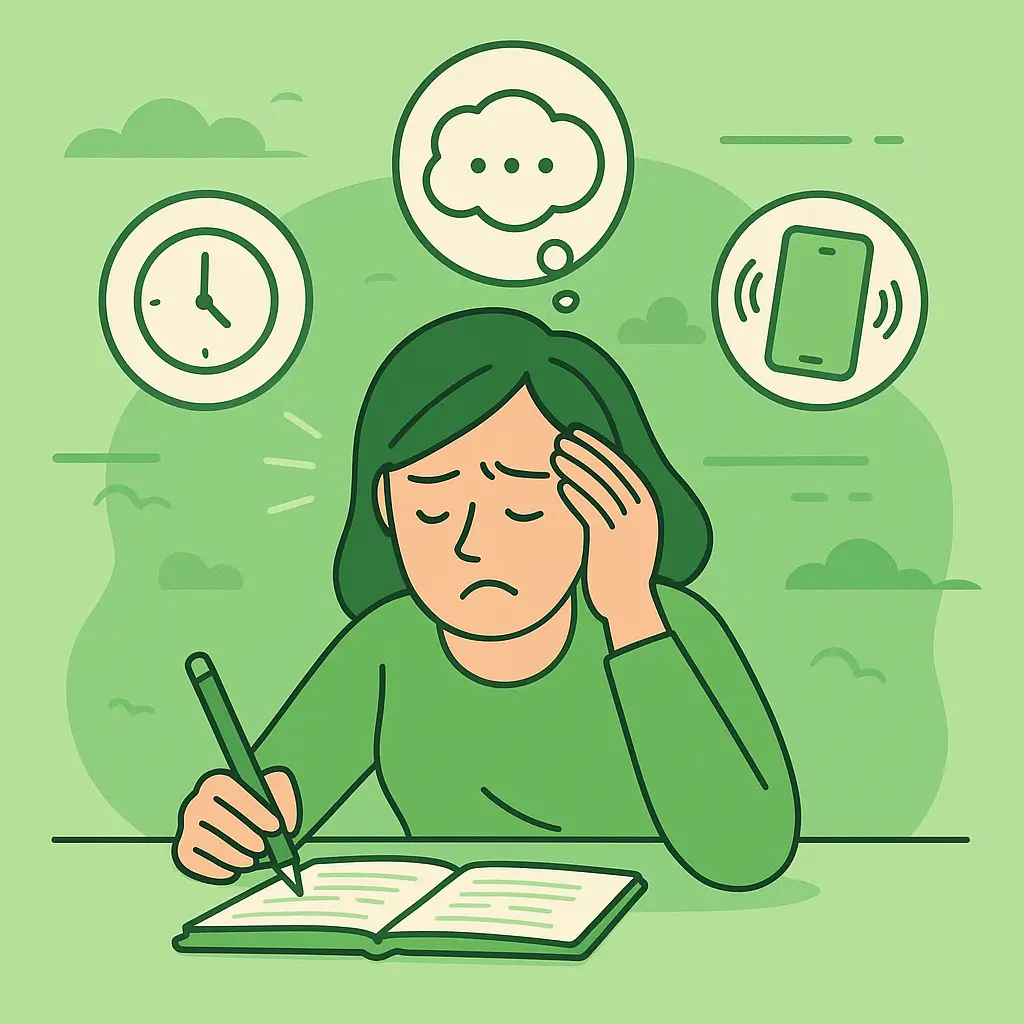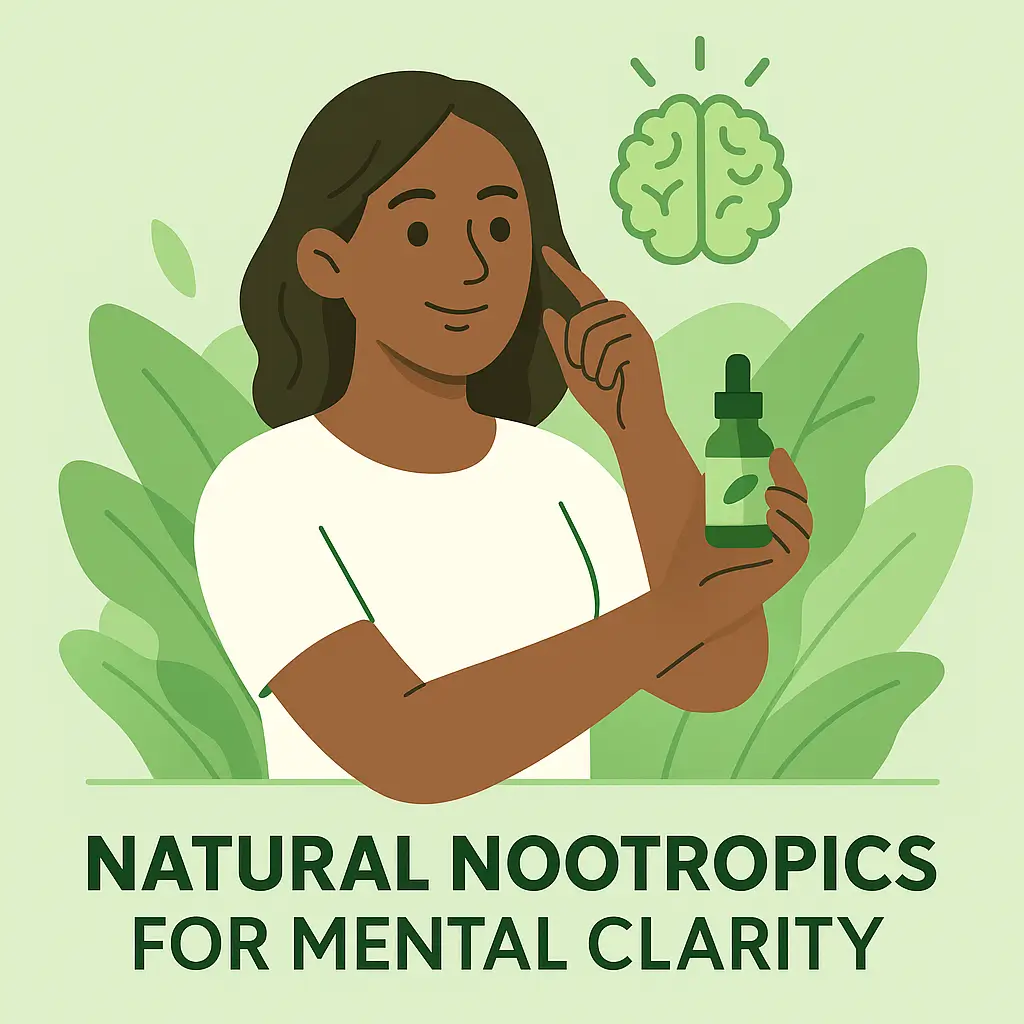Why You Can’t Focus Even When You Try Hard
Staying focused sounds simple — until you actually try.
If you’ve ever sat down to work, only to find your mind wandering after just a few minutes, you’re not alone. Why you can’t focus is a challenge millions face daily, affecting careers, relationships, and personal goals.
In this article, we’ll explore the main reasons behind poor concentration, the everyday impact it can have, and why some solutions don’t work as well as promised. We’ll also point toward a promising approach to improve mental clarity — revealed in our next article.
The Real Impact of Losing Focus
Not being able to concentrate isn’t just annoying — it’s costly.
It can mean unfinished projects, forgotten commitments, and a lingering sense of frustration.
Here are some common scenarios:
- You start reading a page, but realize you’ve been daydreaming halfway through.
- You open your laptop to work, and somehow end up scrolling social media for 30 minutes.
- You’re in a conversation but can’t remember what was just said.
These moments may seem small, but over time, they erode productivity and confidence.
Common Causes of Poor Concentration
Some reasons are obvious, others less so. Let’s break them down:
- Lack of sleep – Your brain simply can’t operate at full capacity when tired.
- High stress levels – Anxiety and tension consume mental energy, leaving less for focus.
- Nutrient-poor diet – Limits the fuel your brain needs to process and retain information.
- Digital distractions – Notifications, emails, and endless scrolling fragment attention.
- Mental overload – Trying to do everything at once disperses attention.
- Sedentary lifestyle – Low blood flow reduces alertness and mental energy.
How It Affects Your Daily Life
Struggling to focus isn’t just about “getting work done” — it impacts your whole life:
- At work: Missed deadlines, lower performance, and career stagnation.
- At home: Difficulty engaging in conversations or enjoying hobbies.
- Emotionally: Feeling unproductive can lower self-esteem and increase frustration.
Generic Ways People Try to Improve Focus (and Their Limitations)
Many people turn to solutions like:
- Caffeine: Offers a quick boost but often leads to energy crashes.
- Time-blocking apps: Helpful for organization but can’t fix deeper issues.
- Meditation: Can improve focus, but requires consistency many struggle to maintain.
- Exercise: Excellent for brain health, but results vary depending on frequency and intensity.
While helpful in the short term, these approaches often address symptoms — not the root causes.
A Promising Approach to Better Focus
There’s growing interest in natural, non-invasive methods that support mental clarity without harsh side effects. Instead of “forcing” the brain, these approaches work with its natural chemistry, promoting sustained attention and better information processing.
Want to understand this strategy in depth? In our next article, we’ll explain how a specific form of cognitive support can help clear your mind without relying on harsh stimulants.
Your Next Step
If distractions are holding you back, it’s time to explore a smarter, brain-friendly approach.
Read next: How Natural Nootropics Can Improve Mental Clarity Without Side Effects
Conclusion
If you’ve been wondering why you can’t focus even when you try hard, the answer is rarely a single factor. Lack of sleep, stress, digital overload, and unstructured habits combine to drain your attention. Quick fixes might give you temporary relief, but they rarely build lasting clarity.
The good news? There are practical ways to reclaim your focus — and a natural approach could be the missing piece. Take the next step and dive into the consideration guide above to see how you can strengthen your mental clarity in a sustainable way, without the highs and crashes of conventional solutions.













Post Comment